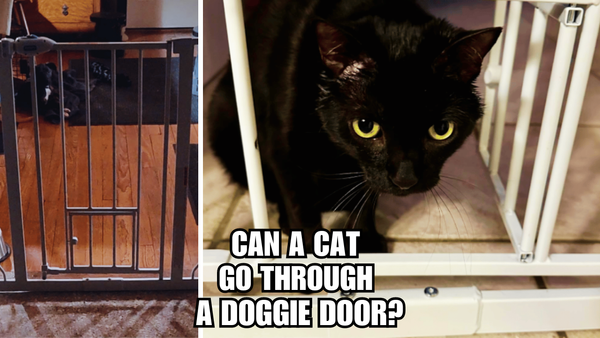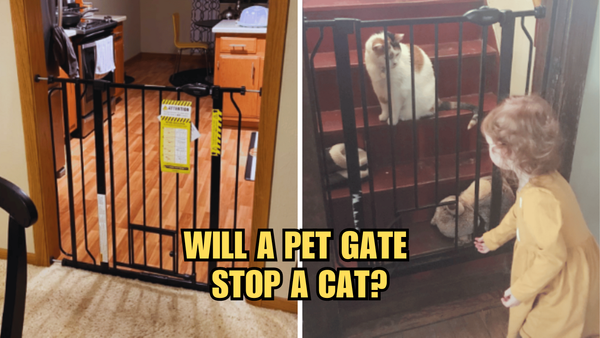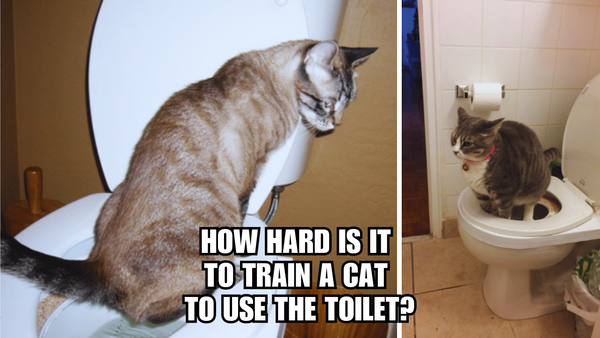Key Takeaways:
- Melatonin can be used to suppress estrus in cats, but its effectiveness varies.
- Cat owners should consult with a veterinarian before giving melatonin to their pets.
- Understanding melatonin's role and potential side effects is crucial for feline health.
Cats are beloved pets for many, and understanding their health and behavior is a priority for responsible cat owners. One topic that often arises is the management of a female cat's reproductive cycles, particularly how to suppress estrus, or heat cycles. This article explores whether melatonin, a hormone known for regulating sleep patterns, can be an effective solution for this.
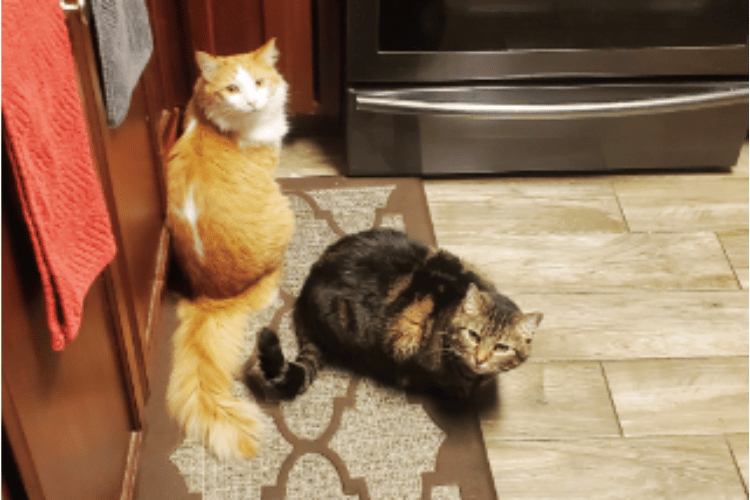
Understanding Estrus in Cats
Female cats experience estrus cycles that can result in behavioral changes and signs of discomfort. During these periods, cats may vocalize excessively, become more affectionate, or exhibit restlessness. These cycles can be challenging for both the cat and the owner, leading to the search for ways to effectively manage these natural cycles.
The Role of Melatonin in Cats
Melatonin is a hormone produced by the pineal gland that regulates sleep patterns in humans and animals. In cats, melatonin has been studied for its potential to suppress heat cycles. The hormone melatonin works by influencing the cat's body to mimic the conditions that lead to decreased reproductive activity, typically seen during the shorter days of the year.
Melatonin Supplements for Cats
Melatonin supplements are available in various forms, including pills, liquids, and melatonin implants. These products are generally considered safe for pets, but it's essential to understand that not all cats will respond the same way to melatonin. Cat owners should be aware of the correct dosage and the potential side effects before giving melatonin to their cats.
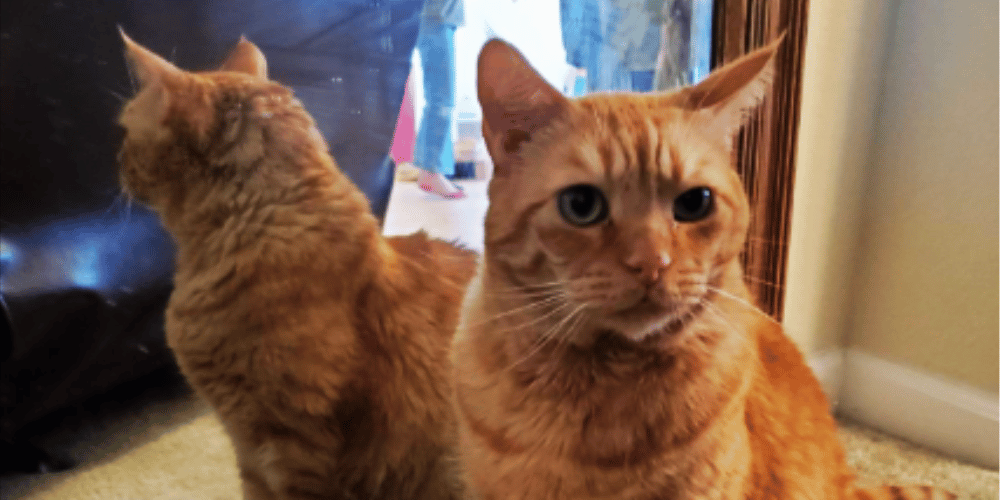
Can Melatonin Suppress Estrus in Cats?
Research suggests that melatonin can suppress estrus in cats, but the results are not uniform across all individuals. Some cats may respond well to melatonin treatments, experiencing a reduction in the frequency and intensity of their heat cycles, while others may not show any significant changes.
Consulting a Veterinarian
Before administering any supplements, it's crucial to consult with a veterinarian. A professional can provide guidance on whether melatonin is appropriate for your cat, considering several factors such as age, health status, and any existing medical conditions.
Melatonin Implants and Their Use
Melatonin implants are designed to release the hormone slowly over time, providing a more consistent effect. These implants can be a convenient option for cat owners looking for a longer-term solution to suppress estrus cycles in their pets.
Dosage and Administration
The correct dosage of melatonin for cats can vary. It's typically administered based on the cat's weight and the specific product's instructions. Melatonin should be given on an empty stomach to ensure proper absorption.
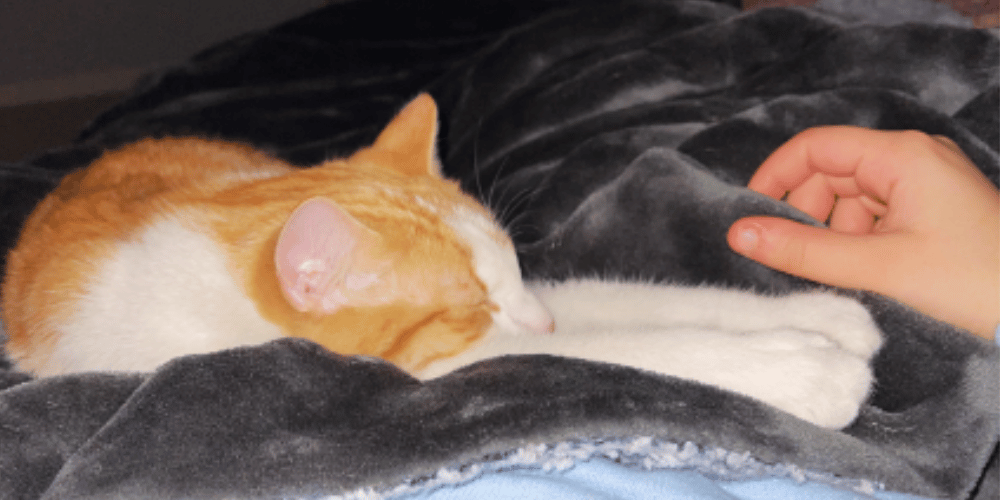
Potential Side Effects of Melatonin in Cats
While melatonin is generally safe, there are known side effects that cat owners should be aware of. These can include drowsiness, gastrointestinal issues, and in some cases, changes in fertility. Monitoring your cat for any adverse reactions is essential when starting melatonin treatment.
Melatonin's Impact on Cat's Body and Brain Health
Melatonin is not only a potential solution for managing a cat's reproductive cycle, but it also plays a significant role in overall body health and brain function. In cats, melatonin can influence the brain's ability to regulate sleep-wake cycles, which is crucial for maintaining a healthy and stress-free lifestyle.
As cats age, they can experience changes in their sleep patterns, which may lead to brain deterioration. Supplementing with a melatonin product could potentially help in maintaining their cognitive functions and promote better sleep, thus supporting brain health.
Furthermore, melatonin has been observed to have antioxidant properties that may benefit a cat's body. It can help in combating oxidative stress, which is a factor in many degenerative diseases. By reducing oxidative damage, melatonin may aid in preserving the health of a pet's skin and fur, potentially reducing issues like hair loss and maintaining a glossy coat. This makes melatonin a multifaceted supplement that could contribute to a cat's overall well-being beyond its effects on the estrus cycle.
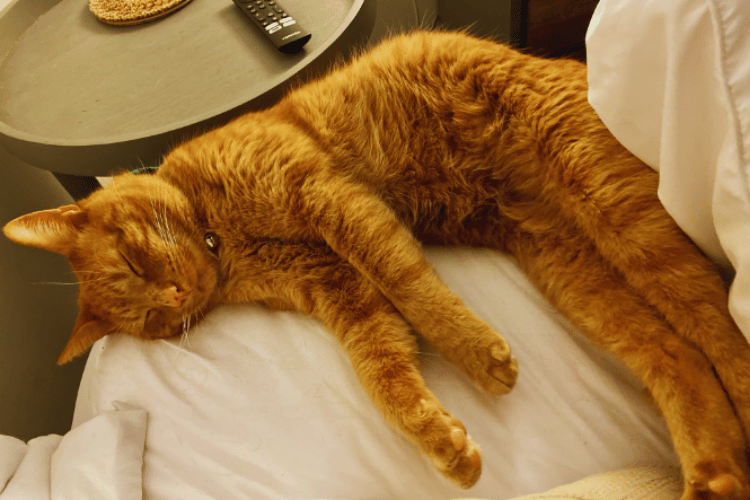
Melatonin and Long-Term Health in Cats
Melatonin is not just a short-term solution for managing estrus in cats; it may also play a role in their long-term health. When considering the use of cats melatonin, it's essential to think about how it can affect a cat's body over time. Some studies suggest that melatonin could have antioxidant properties, which might help in reducing oxidative stress and potentially slow down aging processes. This could be particularly beneficial for senior felines who are experiencing changes in their sleep patterns or showing signs of cognitive decline.
Furthermore, the use of a melatonin implant in cats has been explored as a way to deliver a steady dose of the hormone over an extended period. This method could help maintain a consistent level of melatonin in a cat's body, which might be advantageous for managing long-term conditions such as chronic anxiety or hair loss due to stress. However, the long-term effects of such implants are still under investigation, and cat owners should consult with their veterinarians to understand the potential benefits and risks.
Melatonin as a Part of Holistic Cat Care
Incorporating melatonin into a holistic approach to cat care is becoming increasingly popular among pet owners. When used responsibly and under veterinary guidance, melatonin can complement other methods of ensuring a cat's body and mind remain healthy. For instance, combining melatonin supplements with a balanced diet, regular exercise, and environmental enrichment can help create a well-rounded wellness plan for cats, especially those who may be prone to stress or anxiety.
The decision to use a melatonin implant should be made with a full understanding of the cat's overall health and lifestyle. An implant can provide a controlled release of melatonin, which may help stabilize mood and sleep cycles without the need for daily medication. This can be particularly useful for cats with erratic heat cycles or those living in multi-cat households where stress-induced behavioral issues are common. As with any treatment, it's crucial to monitor a cat's response and adjust the care plan as needed to ensure the best possible quality of life.
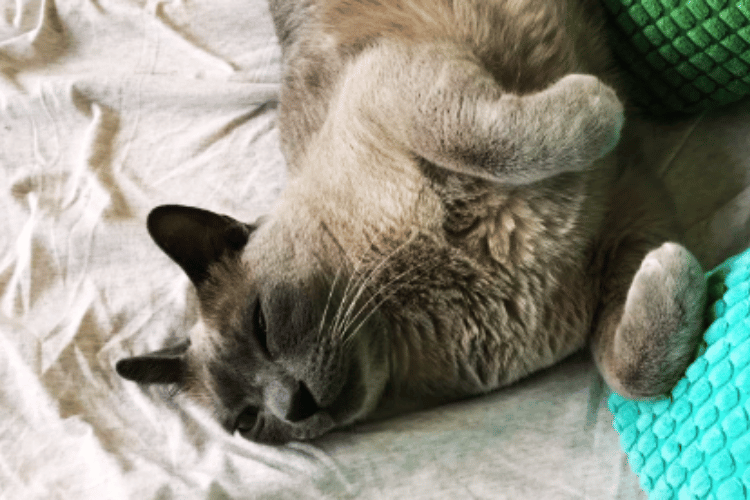
Melatonin in Cat Food: A New Frontier?
The integration of melatonin into cat food is an emerging trend aimed at providing a more natural method of delivering this hormone to pets. By incorporating melatonin directly into food, pet owners have a convenient way to ensure their cats receive the hormone regularly, which could help in managing the estrus heat cycle in a non-invasive manner. This approach also ensures that the melatonin is absorbed alongside other nutrients, potentially enhancing its bioavailability and effectiveness.
However, it's important to note that not all cat foods with added melatonin are created equal. The quality of the melatonin product and its compatibility with the cat's diet are crucial factors to consider. Pet owners should look for high-quality brands that have conducted thorough research and testing to ensure their melatonin-infused food is safe and effective. Consulting with a veterinarian before making any changes to a cat's diet or medication regimen, including the addition of melatonin, is always recommended to avoid any adverse effects.
Melatonin and Other Medications
Melatonin can interact with other medications, such as monoamine oxidase inhibitors or certain sedatives. It's important to discuss your cat's current medications with a veterinarian to avoid any potential complications.
Behavioral Problems and Melatonin
In addition to suppressing heat cycles, melatonin has been used to address behavioral problems in cats. Its relaxing effect can help calm cats with anxiety or sleep issues, contributing to overall better behavior.
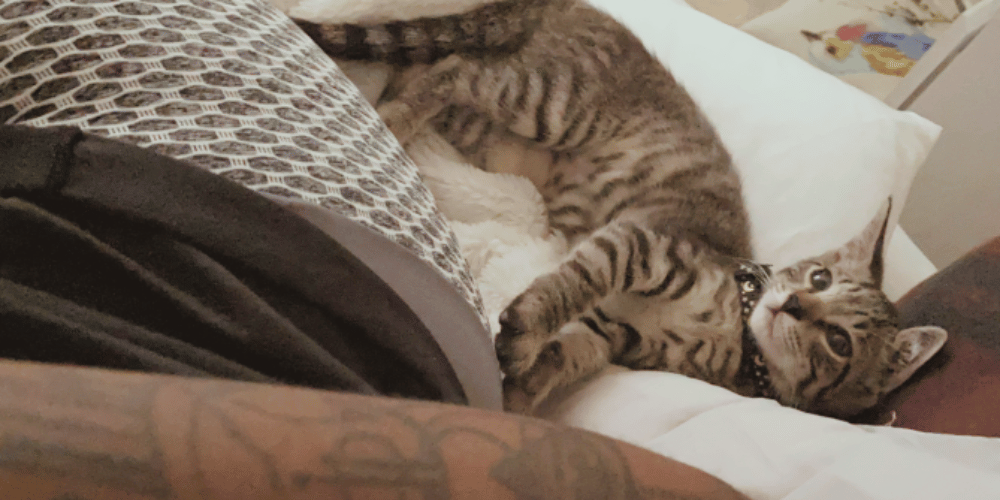
Safety and Efficacy
While melatonin is generally considered safe for animals, its efficacy in suppressing estrus in cats can depend on several factors. Limited studies on its long-term use mean that cat owners should proceed with caution and always seek veterinary advice.
Natural Cycles and Hormonal Balance
It's important to consider the impact of suppressing a cat's natural reproductive cycles. Hormonal balance is crucial for overall health, and any intervention should be carefully weighed against the potential benefits and risks.
Weight Gain and Melatonin
One of the potential side effects of melatonin use in cats is weight gain. Monitoring your cat's diet and ensuring they get enough exercise is important when using melatonin to manage estrus cycles.
Melatonin Wears Off
The effects of melatonin will eventually wear off, and the cat's estrus cycles may resume. Understanding the duration of melatonin's effectiveness can help cat owners plan for ongoing management.
Brand Names and Quality
Melatonin products come under various brand names, and quality can vary. Researching and choosing a reputable brand is important for ensuring the safety and effectiveness of the supplement.
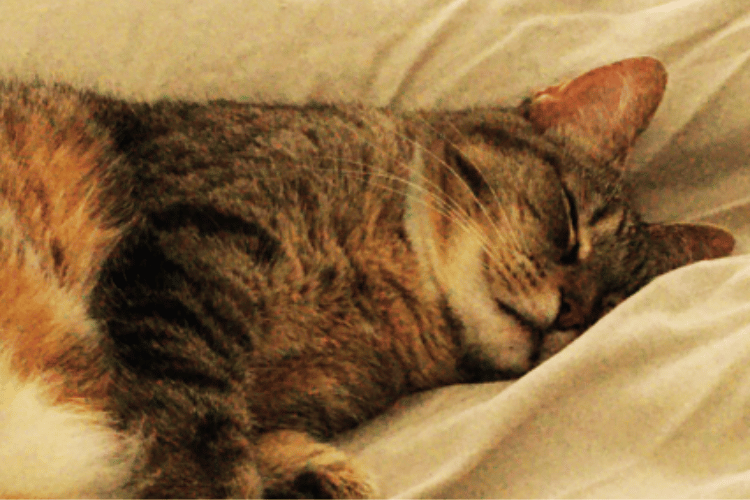
Greater Control Over Fertility
For breeding cats, melatonin can offer greater control over fertility and breeding schedules. This can be particularly useful for breeders looking to plan litters or manage the reproductive health of their cats.
Melatonin for Dogs and Other Pets
While this article focuses on cats, it's worth noting that melatonin is also used in dogs and other animals to manage similar issues. The principles of safe use and veterinary consultation apply across different types of pets.
Summary
Melatonin can be a useful tool for cat owners looking to suppress estrus in cats, but its effectiveness is not guaranteed for all individuals. It's generally safe, with some potential side effects, and should be used under the guidance of a veterinarian. Melatonin offers a non-invasive option for managing reproductive cycles and can also aid in addressing behavioral issues related to anxiety and sleep problems.
FAQ Section
Is melatonin safe for all cats?
Melatonin is generally considered safe for cats, but it may not be suitable for all individuals. It's important to consult with a veterinarian before giving melatonin to your cat, especially if they have pre-existing health conditions or are on other medications.
How long does it take for melatonin to affect a cat's heat cycle?
The time it takes for melatonin to affect a cat's heat cycle can vary. Some cats may show a response within a few weeks, while others may take longer. The duration of effectiveness also depends on the form of melatonin used, such as implants or supplements.
Can melatonin be used for male cats?
While the primary use of melatonin in cats is to suppress estrus cycles in females, it can also be used in male cats for other purposes, such as managing anxiety or sleep disorders. However, the effects on male fertility have not been extensively studied, so it's important to consult with a veterinarian.
Thank you for visiting LegitLists we hope this helps you make a legitimate choice!




